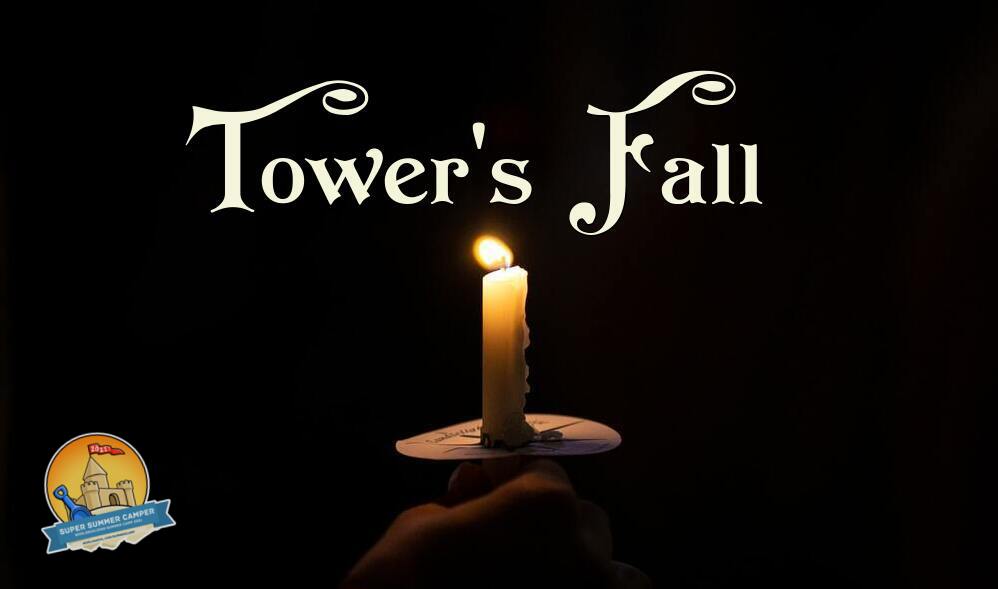Hanvo (Hahn-voh)
Hanvo is the oldest language in Lialin, originating before the settlers of the world set foot on the continent. While that does make it difficult to approximate a 'beginning' for the language, its 'end' is documented in Lialin history, as over the next five hundred years, Hanvo fell out of usage and favor. In the present day, most common people will learn a few words offhand while scholars often attempt some degree of fluency - basic conversational skills are considered a sign of status and intelligence.
As a suffix, its meaning translates to 'the people of, followers of, or servants of' depending on context and tone. Oftentimes, the sound is pared down to just the vowel portion when added to other words, such as with Theoli (meaning people of Theolin, a demonym) or Kyrvi (meaning people of the road or traveler, an adjective or common noun). When moved up to become an infix, however, the meaning shifts. Now, it means, 'of large following, of significant wealth/possession.' This is how it features in Orellia, which would literally translate to 'Orela's great possession' but is more fluidly translated as 'Land of Orel.' When shifted to a prefix, the meaning is altered again. When placed at the beginning of a word, 'li-' signifies, 'ruler of, greatest of, superior.' This is exemplified in Lialin, which can be roughly translated as 'the greatest of all land.' Whether this was meant to refer to quality or quantity is unknown. Regardless of position, 'li' indicates something pertaining to a sense of hierarchical structure, and the modified noun's place within it.
Modifiers
Structurally, Hanvo relies on compounding nouns and modifiers rather than individual separate terms. The modifying trait, usually only one or two syllables, can hold different meanings depending on whether it serves as prefix, infix, or suffix, though those definitions are usually related. For example: 'li'As a suffix, its meaning translates to 'the people of, followers of, or servants of' depending on context and tone. Oftentimes, the sound is pared down to just the vowel portion when added to other words, such as with Theoli (meaning people of Theolin, a demonym) or Kyrvi (meaning people of the road or traveler, an adjective or common noun). When moved up to become an infix, however, the meaning shifts. Now, it means, 'of large following, of significant wealth/possession.' This is how it features in Orellia, which would literally translate to 'Orela's great possession' but is more fluidly translated as 'Land of Orel.' When shifted to a prefix, the meaning is altered again. When placed at the beginning of a word, 'li-' signifies, 'ruler of, greatest of, superior.' This is exemplified in Lialin, which can be roughly translated as 'the greatest of all land.' Whether this was meant to refer to quality or quantity is unknown. Regardless of position, 'li' indicates something pertaining to a sense of hierarchical structure, and the modified noun's place within it.
Gender and Possessives
Notably, Hanvo does not specify gender in either speaker or object, and is often unclear on number of those referred to. The pronoun for a single other's possession, such as 'his' or 'hers' in English, is instead simply 'ko.' The pronoun for a plural other's possession, which would be 'theirs' in English, is also 'ko' with no alteration in pronunciation. While there has been speculation on whether the lack of gendered pronouns or possessives is indicative of a lack of gender identities or differentiation in the language's point of origin, Hanvo does have common nouns representing gender - it seems gender simply didn't impact verbiage.Dictionary
Consonant Inventory:
m n ɳ p b t d
k g ʔ ɸ β f v
θ ð s ʃ ʒ ʐ ɕ
h ʋ j l ɭ
Vowel Inventory:
i ʊ e o
ɛ a ä ɑ
Remove these ads. Join the Worldbuilders Guild



"Yeah, we got gender, but we ain't showing the likes of *yous*."